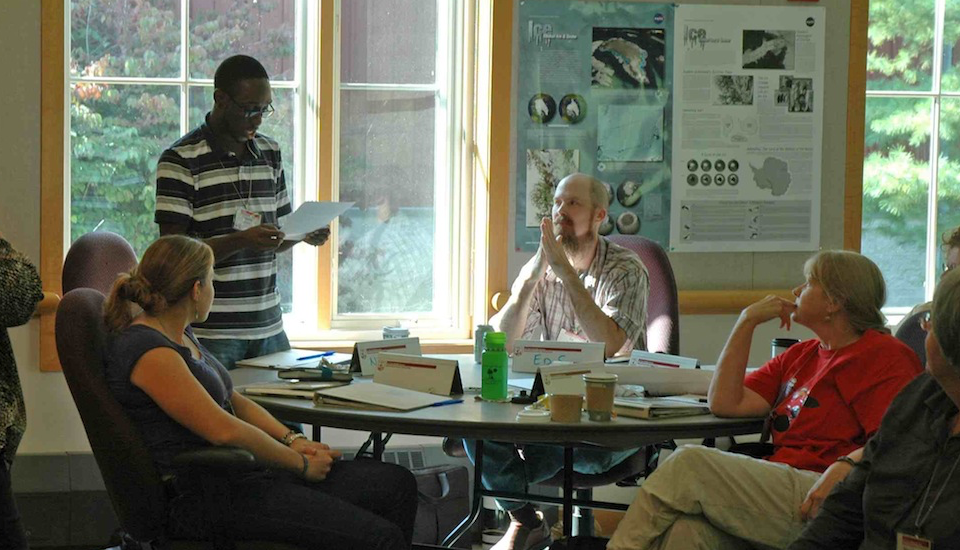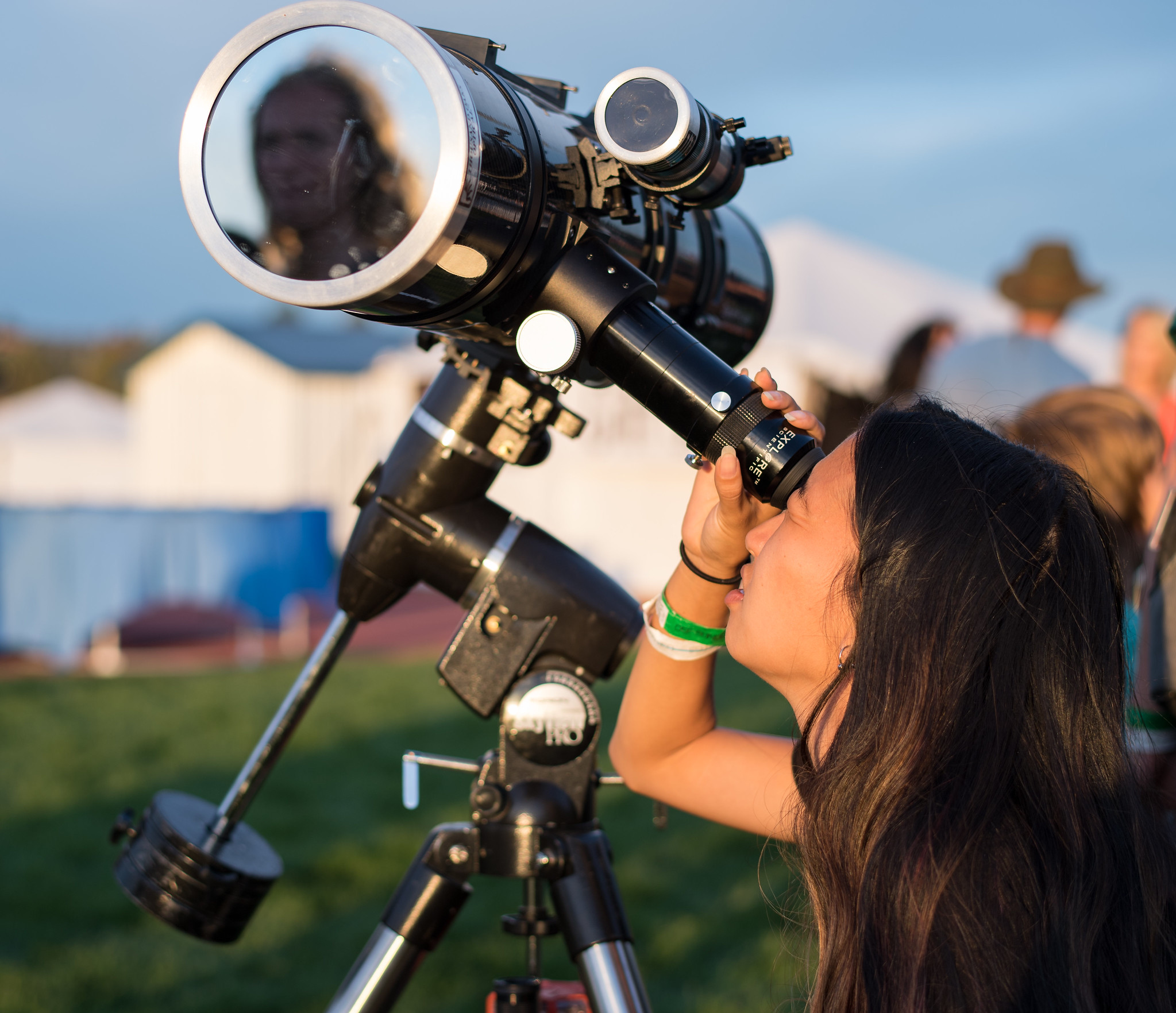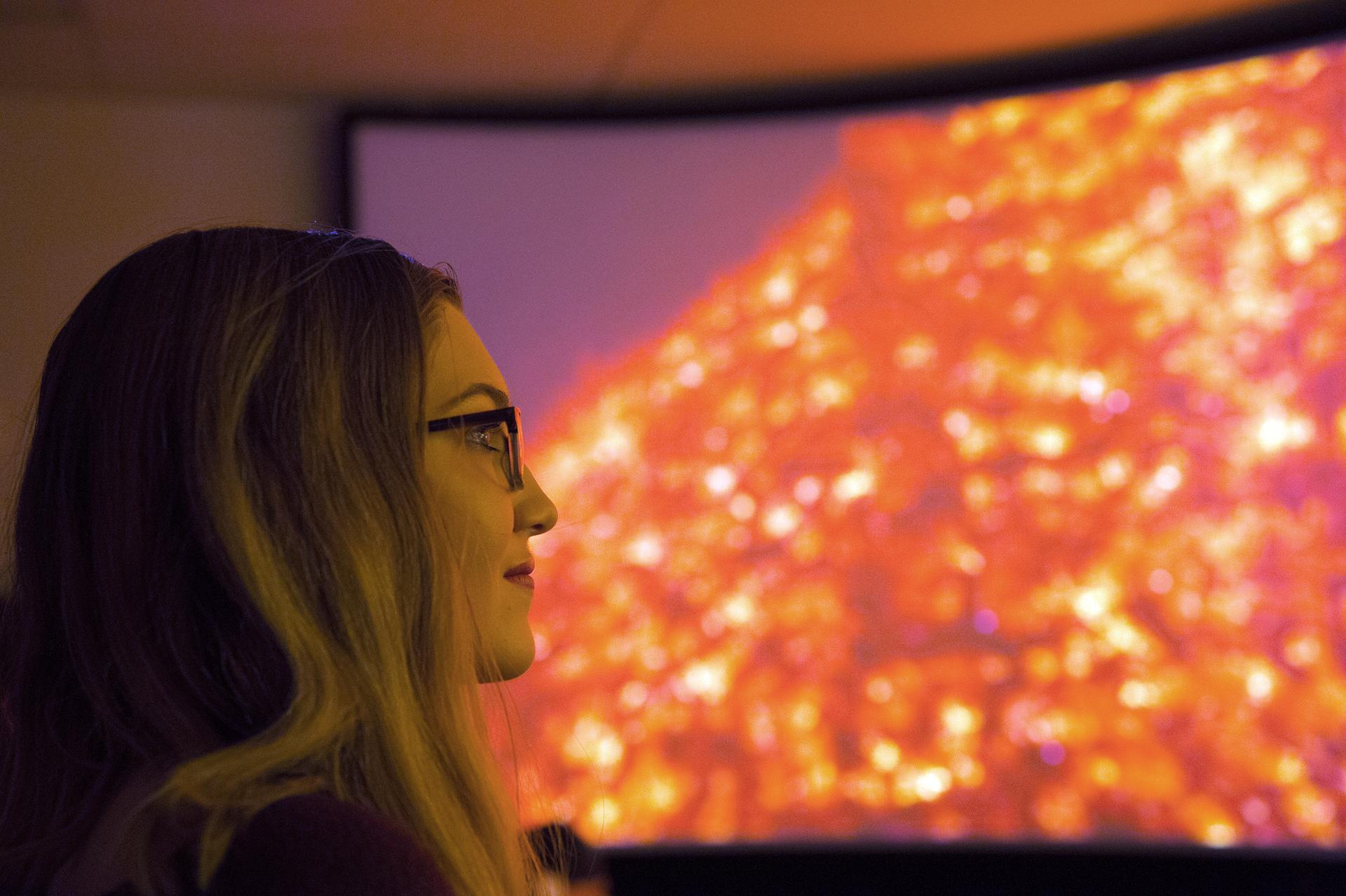Science Activation
Learning Resources
NASA’s Science Activation (SciAct) program offers a range of resources and opportunities that invite learners of all ages to participate in authentic science!
Resource catalog
LEARN Science
Learning and Educational Activities and Resources from NASA Science
Find Resources
Collections - access to multiple resources
- Museum and Informal Education Alliance Events Calendar: A continuously updated calendar compiling NASA-related events, opportunities and anniversaries.
- Digital Learning Resources compiled across Science Activation for various audiences.
- Resources for Community Colleges: Explore ready-to-use activities and resources that are geared towards Astro-101 and introductory space science classes at community colleges.
- Learning standards: lists of science education standards that are aligned with NASA’s Science Mission Directorate (SMD) divisions.
- Total Solar Eclipse Resources:
- For Formal & Informal Educators
- On April 8, 2024, a total solar eclipse – when the Moon passes between the Sun and Earth, completely blocking the face of the Sun – will cross North America, passing over Mexico, the United States, and Canada. During the eclipse, the sky will darken as if it were dawn or dusk, and you won’t want to miss this awe-inspiring experience of a lifetime – the next total solar eclipse visible from North America won’t happen until the year 2044!
- Total Solar Eclipse Resources: Use this guide to help you explore opportunities presented by teams from NASA’s Science Activation Program for safely enjoying the eclipse and even contributing as a volunteer to do NASA Eclipse science.
Connections - networks you can tap or join
- Community Engagement with James Webb Space Telescope (JWST): Learn about how you can share the experience and discoveries of the largest space telescope ever built.
- Museum & Informal Education Alliance: A starting point for informal educators seeking free NASA educational resources and services. NASA experts can also find a ready-made audience who can engage the public worldwide.
- Night Sky Network: A nationwide coalition of amateur astronomy clubs bringing the science, technology, and inspiration of NASA's missions to the general public. Provides unique astronomy experiences at science museums, observatories, classrooms, and out under the night sky.
- The National Informal STEM Education Network (NISE Network): Generates, develops, implements, and collaborates on projects that strengthen and advance informal STEM learning in communities across the United States. Partner organizations include science centers, children’s museums, universities, and others.
- Solar System Ambassadors: Works with volunteers across the nation to communicate the science and excitement of NASA's space exploration missions and discoveries with people in their communities.
- The STAR Library Network (STAR Net): A hands-on learning network for libraries and their communities across the country. STAR Net provides science-technology activities, resources, and training.
Resources - direct links to project resources
- Aerokats & Rovers Education Network
- Astronomy Activation Ambassadors Program
- Arctic and Earth SIGNS
- Eclipse 2017
- Eclipse Videos
- Girl Scout Stars
- GLOBE Mission Earth
- GMRI Real World Real Science
- Infiniscope Explorations
- NASA Earth Science Education Collaborative
- NASA eClips Resources
- NISE Net Resources for Informal Education
- Northwest Earth & Space Sciences Pipeline
- OpenSpace
- PBS LearningMedia
- PLANETS
- SEES High School Internships
- Smoky Mountains STEM Collaborative
- STARnet Resources for Libraries
- ViewSpace
Other NASA Resources
Keep Exploring




